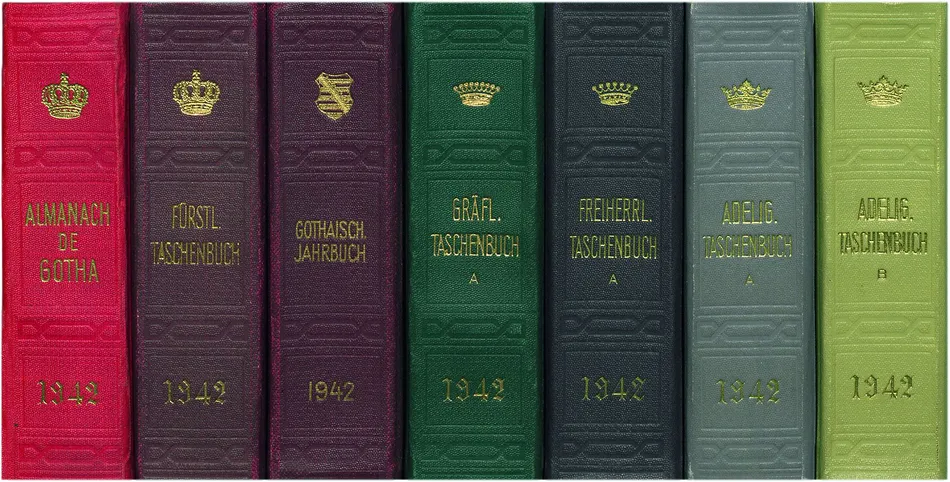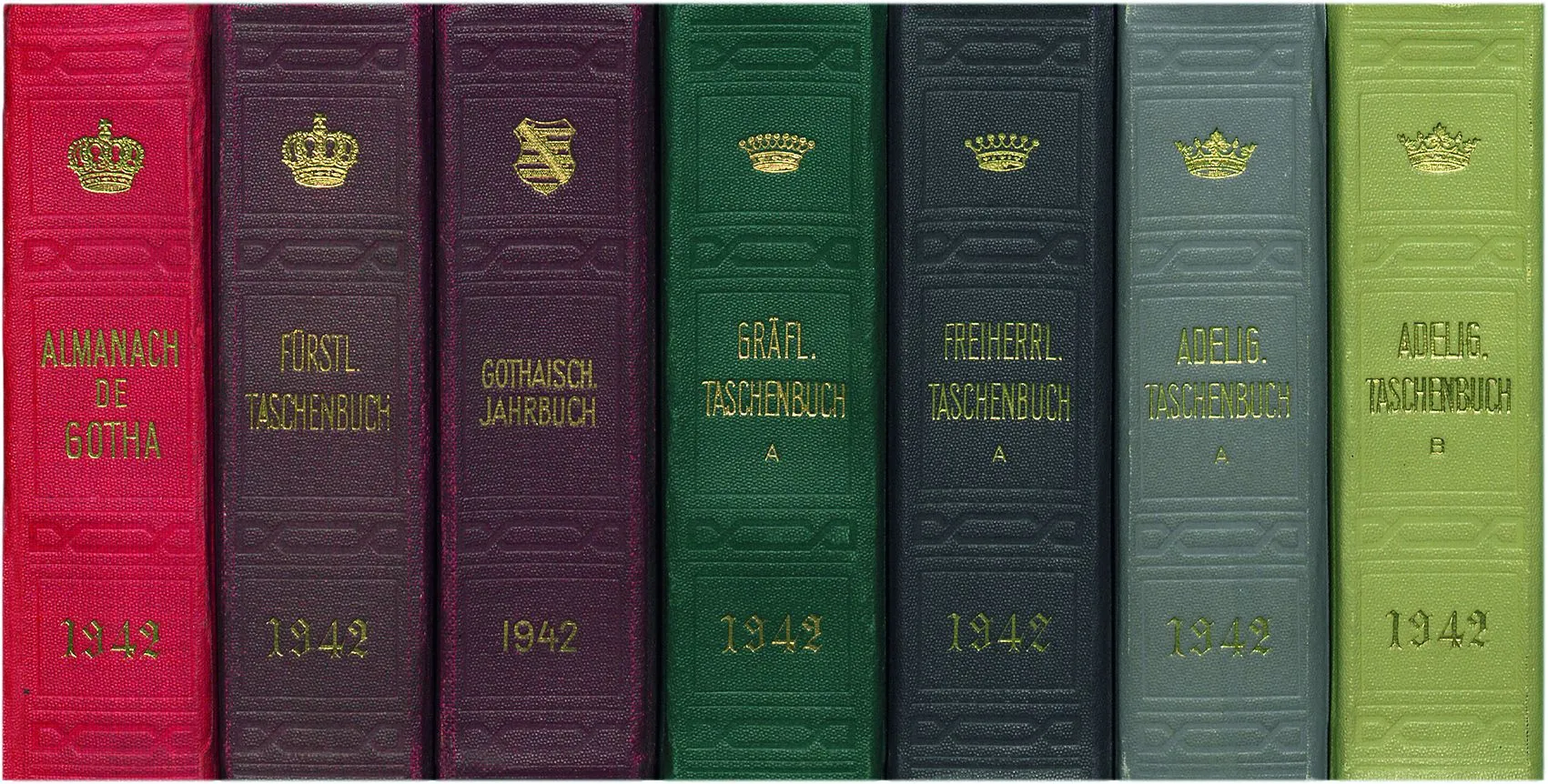The "Gothaische Hofkalender"/"Almanach de Gotha" appeared as a parallel German-French edition from 1764 to 1944 and was published from 1785 by Justus Perthes, who used it to establish his Gotha publishing business. The "Gotha" was a typical calendar enterprise of the Enlightenment, "designed for use and pleasure". Over the course of the 19th century, the "Gotha" underwent profound changes. It was replaced by genealogical pocket books, which depicted the complex social stratigraphy and hierarchy of the nobility. The "Gotha" thus rose to become the most important genealogical directory of the European nobility. At the same time, it developed into a diplomatic-statistical yearbook of the 19th and 20th century state. This reshaping of the Gotha in terms of content, media and function took place interdependently with the scientification and professionalisation of statistics and genealogy, and in the case of genealogy, its broad popularisation in all social classes. The driving force behind this development was not least the publisher itself, the map publisher Justus Perthes Gotha, which had been active throughout Europe since the middle of the 19th century at the latest and through which genealogy, statistics and cartography entered into close disciplinary and economically driven interrelationships.
Surprisingly, the "Gotha" as one of the standard works of modernity has so far received little attention in the historically working humanities. The DFG project "Der Gotha – Studien zum wichtigsten genealogischen Kompendium der Moderne" (The Gotha – Studies on the most important genealogical compendium of modernity) is the first to place the "Gotha" at the focus of research. At the conference in December, the focus will be on the environment in which it was created and the functional contexts of the publishing house and publication.
Please register by 22 November at veranstaltungen.fb@uni-erfurt.de.





